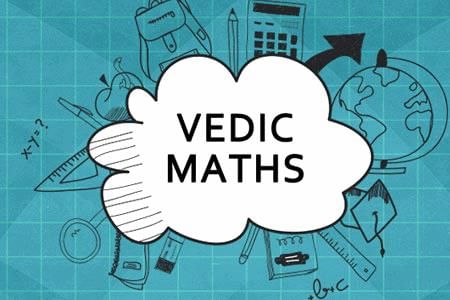All Exams
>
Police Constable Exams Exam
Prepare for Police Constable Exams Exam
with EduRev
with EduRev
All you need for Police Constable Exams Exam preparation covering complete
Police Constable Exams syllabus
Police Constable Exams syllabus

Video Lectures

Revision Notes

Analysis & Insights

Practice & Mock Tests
310 K+K+
Students on EduRev
/5/5
8k+ ratings on Google Play
14 Million+Million+
Docs & Videos viewed
109 Million+Million+
MCQs attempted in Tests
Study Material for Police Constable Exams Syllabus
![Grid View]()
![List View]()
Explore videos, notes and tests for Free


| Why students choose EduRev for their Police Constable Exams Exam |
4.6
 (150K+ ratings)
(150K+ ratings)
|
Why students choose EduRev for their Police Constable Exams Exam
4.6
![]() (150K+ ratings)
(150K+ ratings)
 (150K+ ratings)
(150K+ ratings)








One subscription to unlock all
Police Constable Exams Courses
View Pricing Plans
Starting @ $1 per month
|

|
All you need for your Police Constable Exams exam, get it in your pocket now
Trusted by 310 K+ students
CONNECT WITH US ON
EduRev stands for Education Revolution.
Made with Love ❤️
Copyright © 2025 EduRev Inc
Quick Links












































